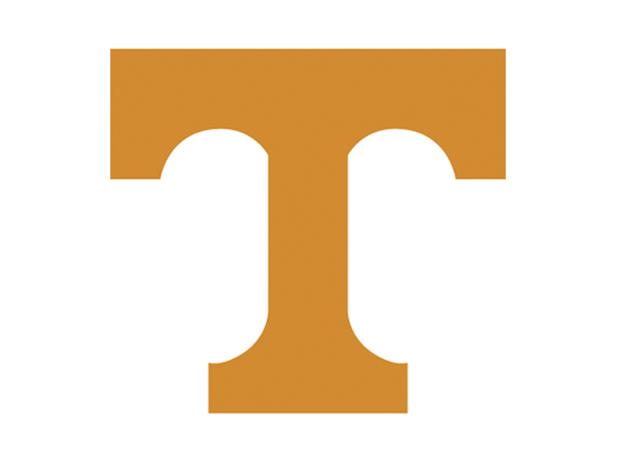KNOXVILLE - Nearly three years ago to the day, Dale Ellis was back on the campus of the University of Tennessee, where he was a basketball star in the early 1980s, for the jersey retirement ceremony for Allan Houston, another of the Volunteers' past stars.
Ellis was told then he was next in line to have his number raised to the Thompson-Boling Arena rafters.
"Pick a game, and we'll get it done," the former NBA All-Star recalled being told.
And done it will be.
Prior to Tennessee's noon tipoff in a key game against Vanderbilt today, Ellis's No. 14 will join Houston's No. 20, Bernard King's No. 53 and Ernie Grunfeld's No. 22 as the Vols' retired numbers.
It's something the 1982 and 1983 SEC player of the year said he never really thought about during an 18-year NBA career with seven franchises. The Dallas Mavericks took him ninth overall in the 1983 draft.
"When I retired, I had a chance to reflect on a lot of it," Ellis said as the current Vols practiced. "You couldn't catch me talking about basketball when I was actually a player, but I'll talk about it today. It wasn't as much about whether my jersey would be retired here or not. I just believed at some point it would be. I just wanted to be alive when it happened."
During a four-year stretch from 1987 to 1990, the 6-foot-7 Ellis averaged 24.9, 25.8, 27.5 and 23.5 points per game for the Seattle SuperSonics. He played in the 1989 All-Star game and earned third-team All-NBA honors that season. The 1987 Sonics, a No. 7 seed, made a run to the Western Conference finals, where they lost to the eventual champion Los Angeles Lakers.
Before all that, Ellis was a star for Don DeVoe's teams at Tennessee.
As a senior in 1983, Ellis set a single-season program record with 724 points, a mark broken by Houston eight seasons later, to earn consensus All-America honors and a third consecutive All-SEC selection. He finished with 2,065 career points, which is the sixth-most in Tennessee history behind Houston, Grunfeld, Tony White, Chris Lofton and Reggie Johnson.
"I've seen tapes, and the fact that a man could score 2,065 points without the 3-point line is amazing," said Jordan McRae, the leading scorer for this Tennessee team. "I'm looking forward to seeing him and seeing his jersey get retired."
Though Houston and Lofton benefited from the NCAA's introduction of the 3-point line four years after he left Tennessee, Ellis said playing with the 3-point shot wouldn't have helped him.
"I did exactly what my coaches asked of me," he said. "If they asked me to play hard on the defensive end, guard a 2 or guard a center, or post up, or whatever it was, I just wanted to be on the floor. I was just fortunate enough to have teammates that were willing to sacrifice their games at times to get me the ball."
Ellis won the 3-point shooting contest at the 1989 NBA All-Star game and finished his professional career as a 40.3 percent shooter from beyond the arc.
"I played with my back to the basket," he said.
In offseason pickup or playground games, though, "You couldn't ever catch me posting up," Ellis joked. "Only when we needed a basket to win. I played on the perimeter."
With Ellis leading the way, DeVoe's Vols played in four consecutive NCAA tournaments and shared the 1982 SEC title.
"I remember him foaming at the mouth because I made defensive mistakes when I first got here," Ellis said of his college coach. "He was a very intense coach. I played for a lot of good coaches and a lot of X's and O's coaches, but you had to come with it every single day with DeVoe. He taught me how to play at both ends of the floor.
"He gave me the opportunity to play and put me in situations where I could score, and actually made the game easy for me."
What may have been more difficult for Ellis was deciding what he would tell the current Vols -- he said he was going to "wing it" -- when he met with them following Friday afternoon's practice.
"I think first and foremost, it's great for Dale and his family and his teammates, for a guy that played the way he played, the level he played and as along as he played at the professional ranks," Vols coach Cuonzo Martin said. "I think it's great for our program for a guy to get recognized for that type of work.
"I think it also helps these guys understand there's guys that came before them, played at a high level and got rewarded for their efforts. I think it speaks volumes for him and our young guys in seeing that, but also having his former teammates and so many other guys to come back and acknowledge, I think it's great."
Contact Patrick Brown at pbrown@timesfreepress.com

